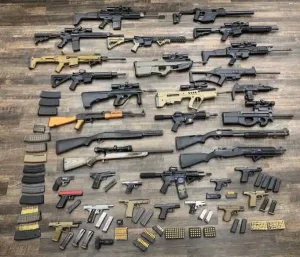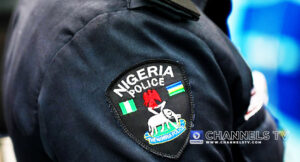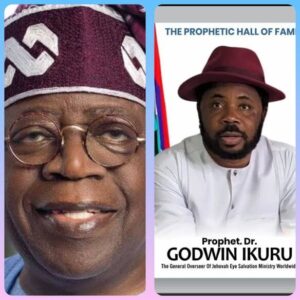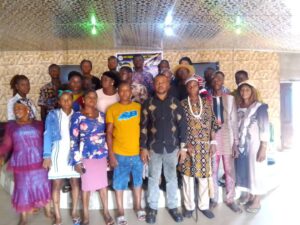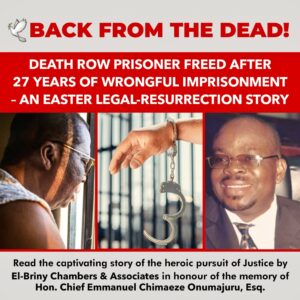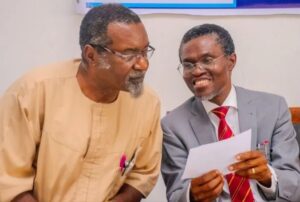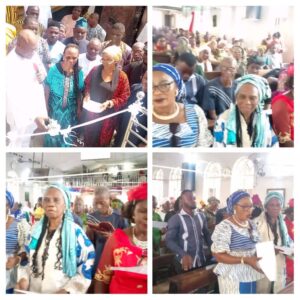Corruption In Nigeria’s Infrastructure Has Sent Her Citizens To Early Grave.
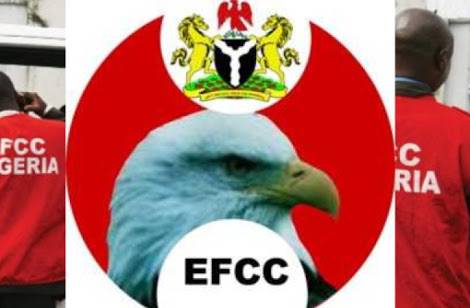
EFCC
Even as the federal and state governments have spent billions on roads, railways, ports, electrical power, schools, hospitals, universities, and other economic enablers, they have realized few gains. By inflating contracts, soliciting kickbacks, and mismanaging budgets, venal officials have derailed countless such projects. Spending on transportation infrastructure roads, rail, and airports is especially corruption prone.
Notable among such projects is a trans–Niger Delta highway that a minister recently said was “designed to fail.” Still incomplete after ten years of work, the mismanaged and graft-ridden project will eventually cost $4.5 billion or more.44 Another such project is the $400-million, 2.6-kilometer-long downtown monorail in Port Harcourt. Deeming it wasteful, the current Rivers State governor recently abandoned the near-completed project initiated by his predecessor.
Catastrophic building collapses kill scores of Nigerians each year because contractors use substandard materials and bribe building inspectors to ignore their shoddy work or lack of permits. Beyond its drain on public funds, corruption in the construction industry has outsized economic—and even human—costs. Nigeria’s economic growth has long been constrained by its inadequate transportation infrastructure.

Furthermore, catastrophic building collapses kill scores of Nigerians each year because contractors use substandard materials and bribe building inspectors to ignore their shoddy work or lack of permits. Such corrupt corner-cutting caused two especially deadly church collapses, which killed 110 people in Lagos in 2014 and 160 people in Akwa Ibom State in 2016.
The fight against corruption is a collective fight that must not be left for anti graft agencies. Blow the whistle, take the action and expose corrupt practices in public and private firm.
Corruption is an anathema, Corruption is an athanathus. We must rise collectively to uproot corruption in every part of our society.
#SayNoToCorruption
#JoinTheFightAgainstCorruption
Obidike Chukwuebuka,
EFCC Ambassador.



